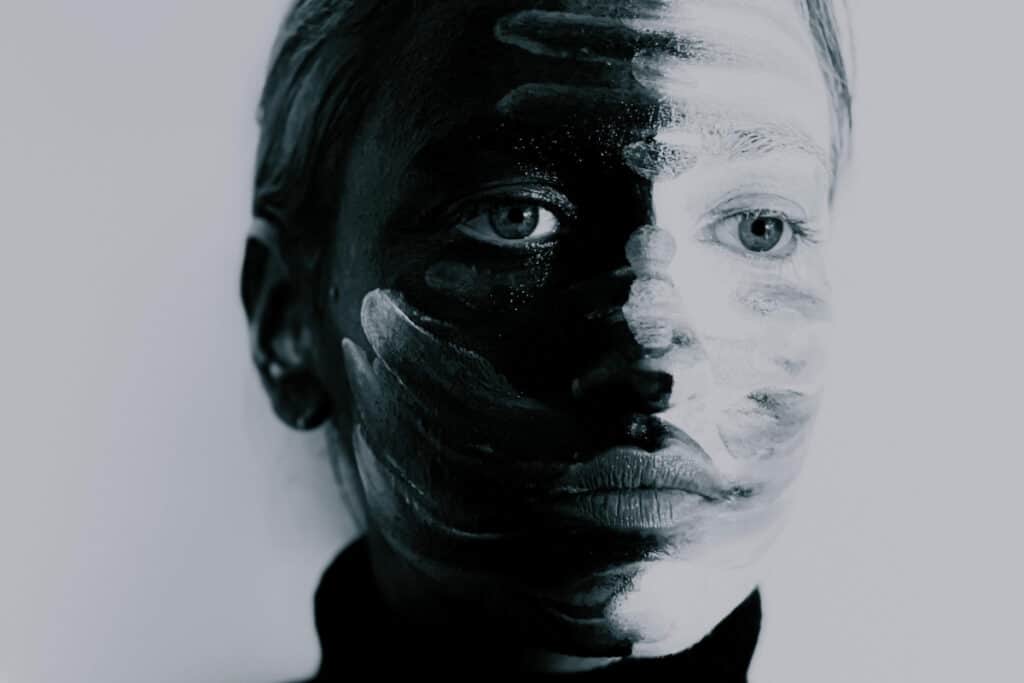Find Out Bipolar Disorder
Typically we think of manic depression first and then we think of bipolar disorder which is a very different kind of depression. Symptoms are very different between the two. But it is often difficult to sort out the symptoms from the causes. Below are some ideas to try to sort out the causes of the symptoms.
One of the biggest differences between bipolar disorder and manic depression is the way the symptoms are experienced. Manic depression is much more severe and it leaves a person much worse off than it does with manic depression. Manic depression can cause people to feel happy for a period of time that can last days and nights.
One of the biggest problems families, and individuals with bipolar disorder, face is recognized. Too often am Jelly will just be treated as though she were a different person. (She isn’t, she is just acting crazy). All of us know what it means to be drastically changed for the better mentally, and then the weird changes can fester.
For individuals with bipolar disorder, it is common to be moody or extremely happy at first, followed by a period of depression, and then frustration, anger, and then eventually withdrawal. This can have severe negative effects when it interferes with everyday life, and to say the least, it is not good for your state of mind.

So you may ask yourself, “How can I find out if I have bipolar disorder?” The first thing you should do is to keep a diary. You need to do everything you were doing prior to the onset of the symptoms, and at first. Simply note the events in your life before the onset of mania or depression, and note any change, especially a new unwanted emotion such as anger.
Bipolar Disorder is termed mood or illness illness illness, and it is essentially a change in your mood and personality. The diagnostic criteria for Bipolar Disorder are depression and bipolar disorder has been called a mood disorder.
There are two categories of Bipolar Disorder depression, secondary and primary. Secondary Bipolar Disorder is more common and it is thought more apt to become unemployed or not to hold a job for an extended period of time, which stresses their mental health. Primary Bipolar Disorder is more severe, and it may become a will or illness, which makes it difficult to cope with emotional stresses. Also, Bipolar Disorder individuals may exhibit anti-social or obsessive behaviors.
Know yourself, know your family, and don’t be afraid to speak up if you think or feel something is wrong. Talk to a doctor if you suspect you have Bipolar Disorder. It is better to be safe than sorry. Don’t wait for something to happen; have a diagnosis and then use all of your resources to get you the best help possible. Bipolar Disorder is treatable, and it could easily be controlled if detected early on.
Bipolar disorders are often treated with medications. Only in select circumstances should antidepressants be prescribed, and they must be carefully monitored. Patients should be prepared for periods of depression if they are considered necessary, and it is difficult to pinpoint what triggers mood changes.
In addition, factors such as family history, stress, job satisfaction, and beliefs play a large role. It may be difficult to treat bipolar disorder if it is not treated appropriately. Illness may be worsened by poor social skills, neglect, abuse, or disappointments. People who are disoptimistic, frequently seek to avoid pain, fail to eat properly, or are stressed may be more likely to be diagnosed with the illness. Taking these things into account can help determine how to treat the patient.